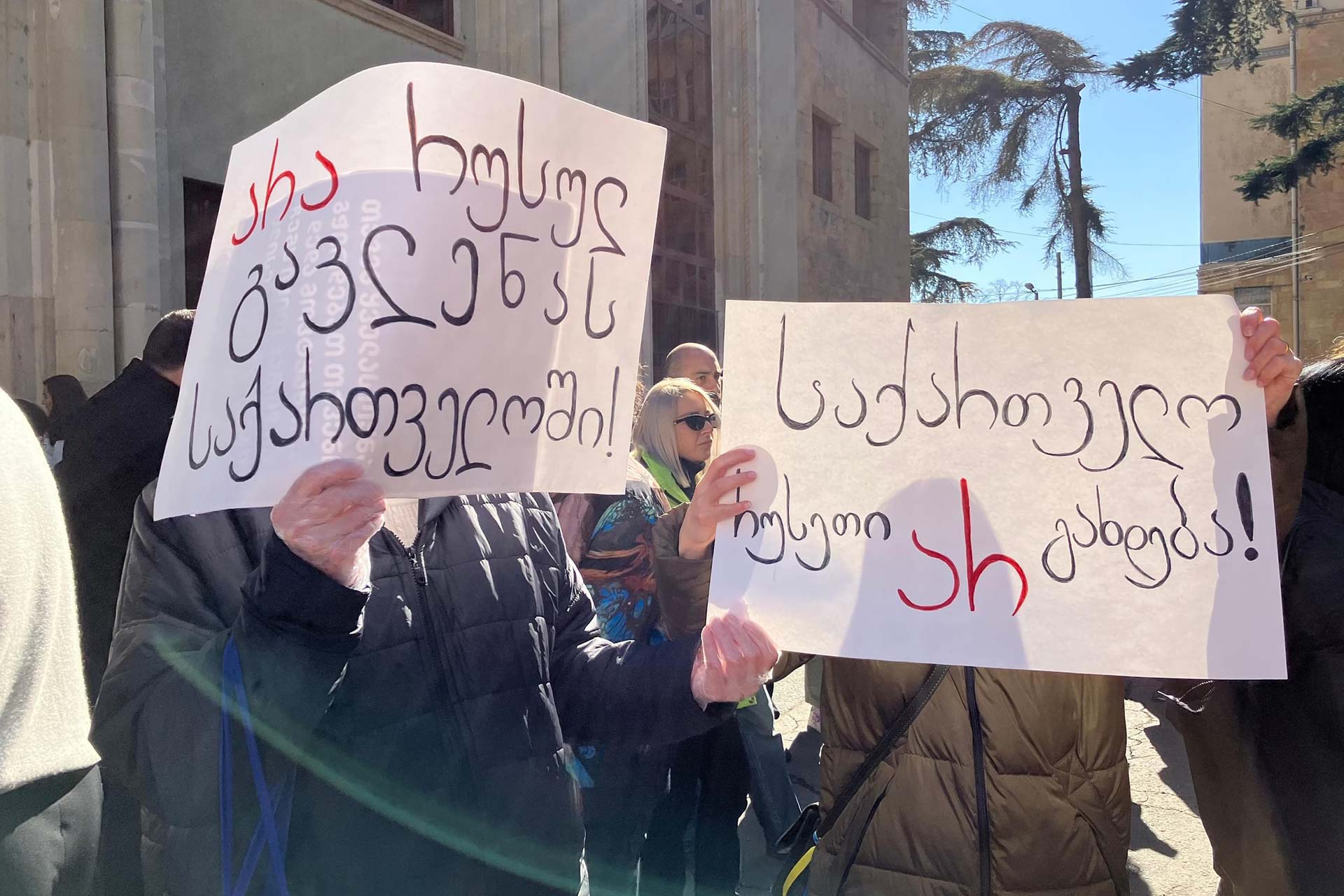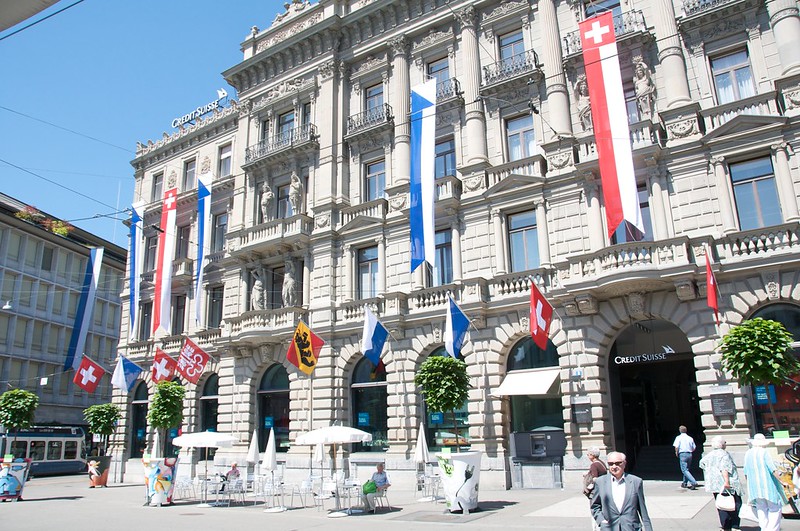Four officials from former government accused of facilitating embezzlement of tax revenue
:quality(70):focal(3575x1445:3585x1455)/cloudfront-eu-central-1.images.arcpublishing.com/thenational/YC3FELHJLQ6LCPPTFZRYSSX5IE.jpg)
Iraqi Prime Minister Mohammed Shia Al Sudani has promised to crack down on corruption. Reuters
The National
Mar 03, 2023
Iraq's judiciary has issued arrest warrants for four former government officials over the theft of $2.5 billion in public funds in one of the country's biggest corruption scandals.
An investigating judge in Baghdad issued the warrants on Saturday, the country's anti-corruption agency said.
The four men are accused of "facilitating the embezzlement of sums belonging to the tax authorities", it said.
The agency said the officials would also be subject to an asset freeze.
The four men, who include a former finance minister and staff of former Iraqi prime minister Mustafa Al Kadhimi, all live outside the country, an official at the agency told AFP
The warrants do not name the accused, but the official identified them as former finance minister Ali Allawi, former director of cabinet Raed Jouhi, personal secretary Ahmed Najati and adviser Mushrik Abbas.
Mr Allawi resigned from his post in August last year. When the scandal broke a few months later, he denied involvement.
Mr Al Kadhimi has defended his record on fighting corruption, saying his government discovered the case, opened an investigation and took legal action.
The case, which has been called "the heist of the century", sparked outrage in Iraq, which is plagued by corruption.
At least 3.7 trillion Iraqi dinars ($2.5 billion) was stolen between September 2021 and August 2022 through 247 cheques cashed by five companies.
The money was withdrawn in cash. Most of the owners of the companies are on the run.
The cheques were issued by the General Commission of Taxes, an office within the Ministry of Finance.
:quality(70)/cloudfront-eu-central-1.images.arcpublishing.com/thenational/5VQGBDC7LFSTIG7TFIXXNYFBFU.jpg)
Iraqi Prime Minister Mohamed Shia Al Sudani announces the recovery of some of the 3.7 trillion dinars embezzled from the government in November. AFP
Iraqi Prime Minister Mohammed Shia Al Sudani, who vowed to crack down on corruption after taking office in October, announced the recovery of 182.6 billion dinars a month later.
Standing besides large stacks of banknotes, he said two businessmen were arrested over the scandal.
All of the recovered funds were from businessman Nour Jassim, chief executive of Al Qanit and Al Mubdioon companies, Mr Al Sudani said.
Mr Jassim was arrested at Baghdad International Airport while trying to leave the country on a private jet.
He confessed to receiving more than $1 billion, Mr Al Sudani said.
Mr Jassim was released on bail on condition of recovering the remaining funds within two weeks, the Prime Minister said at the time.
Leaked details of an investigation into the scandal launched by Mr Al Kadhimi's government showed at least three of the companies accused of involvement were established in July 2021.
Trading companies and people who deal with the government have to deposit money as a performance guarantee, from which taxes are later deducted.
Afterwards, the companies and people can apply to withdraw what is left from their deposits.
“These amounts have been stolen by the companies through the cheques issued by the General Commission of Taxes instead of going to the real beneficiaries,” the investigation said.












